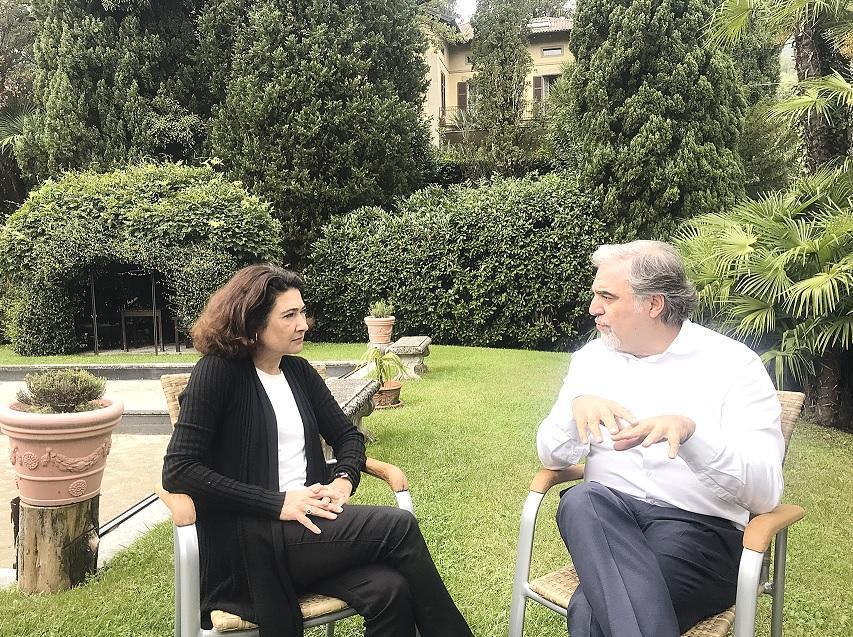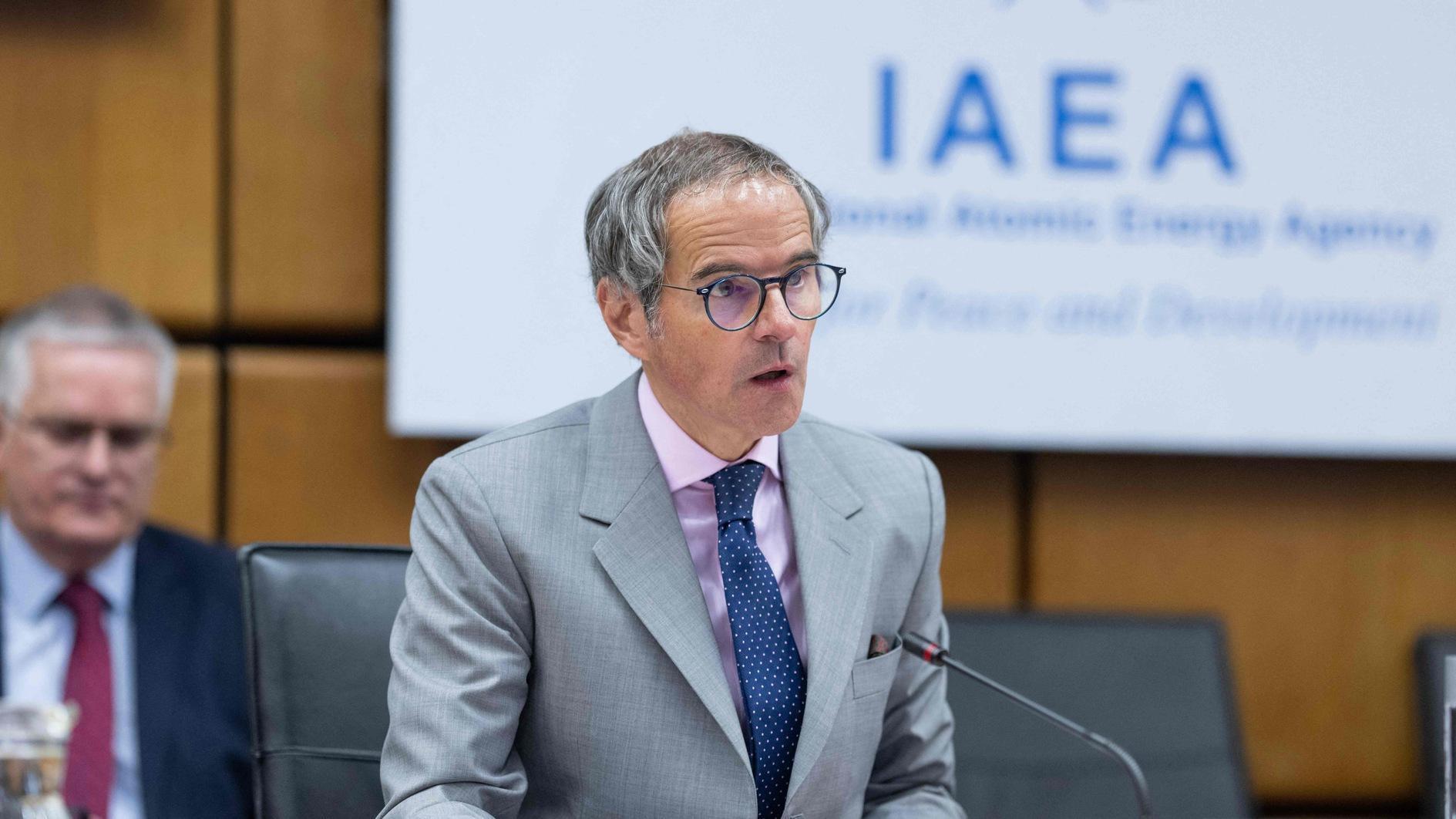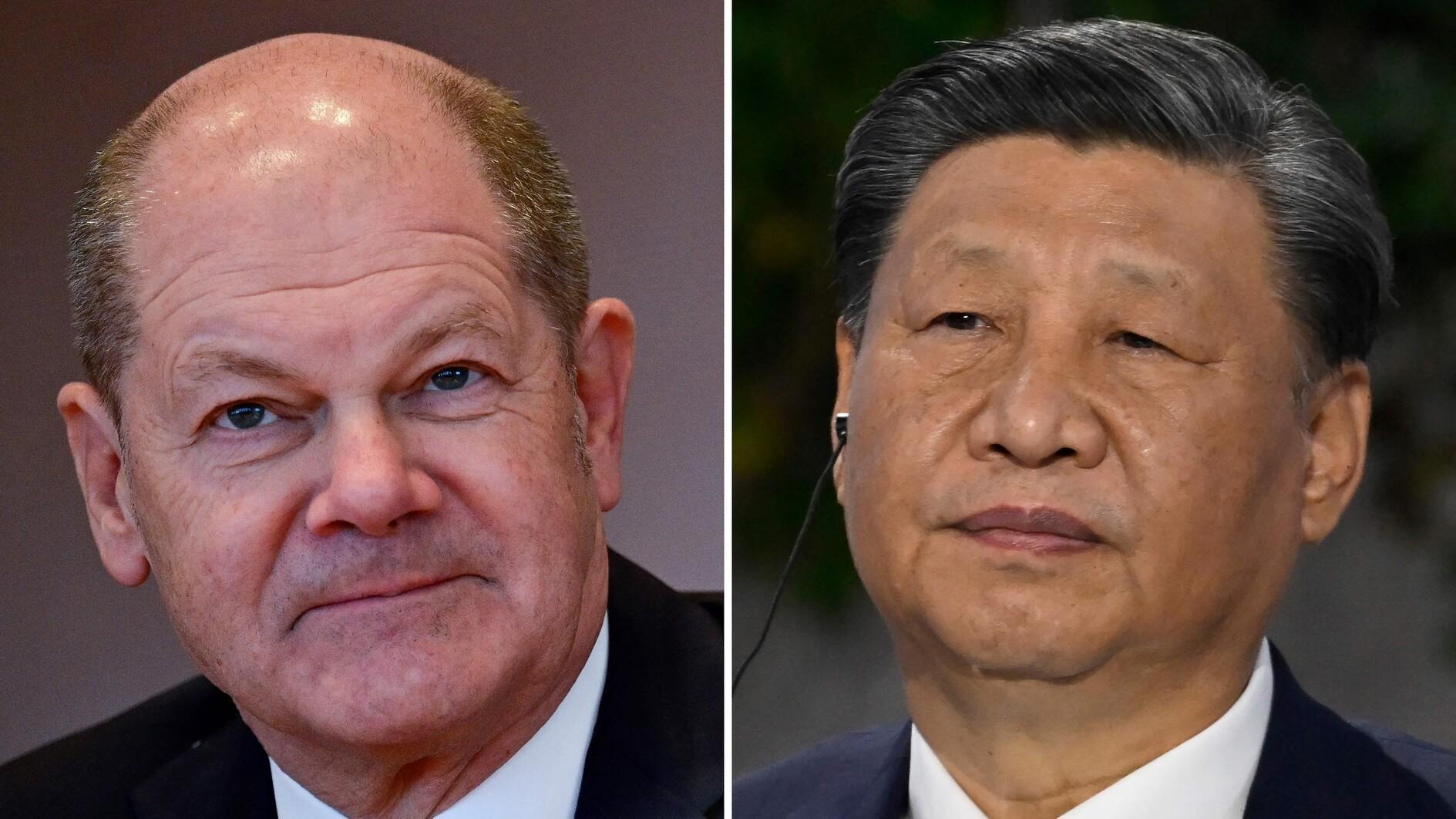Rise of racist party in Germany is 'delaying integration efforts'
Barçın Yinanç - ISTANBUL

The rise of the racist party Alternative for Germany (AfD) will push back the integration of the Turkish community by at least 15 years, the general director of a bilingual radio station in Germany has said.
“I was more positive on integration efforts a few years ago,” said Tamer Ergün Yıkıcı.
“Currently all the democratic institutions are afraid and very hesitant on decisions about the participation of migrants,” he told the Daily News.
Tell us about Metropol FM.
It was established 20 years ago in Berlin, but we grew by winning licenses in 14 more cities. Our target is to air in cities where the community from Turkey is more than 5 percent. It is bilingual because even though the new generation say they love Turkish they have trouble understanding certain issues in Turkish. We have three news format.
One is only in Turkish to target those who are 40 years old and up. Our primetime news is in German and they target mostly the youth.
If we have across-the-board news than we do it in a bilingual fashion. We provide news in a way that everyone can understand independent of their competence in German.
What was your point of departure?
We wanted the community from Turkey to have its own media outlet. This community has the economic power to have such an outlet because after all the radio is financed by advertisements. Our radio is the only outlet for the regional Turkish business to reach their target.
The Turkish community did not have a media outlet prior to your radio.
There were Turkey’s newspapers and TV channels, but they are broadcasting or publishing content on Turkey, while when we broadcast from Berlin, the content is from Berlin, and we also talk about the general agenda in Germany.
You cannot give a regional advertisement to national media outlets. The Turkish economy in Germany is very strong with annually a 30 billion euro turnover.
Most of the business is, however, on a regional scale. Only 5 percent are on a national or international scale.
How do you judge your success?
It is 86 percent for those who listen at least three or four days in two weeks; 67 percent for those who listen four-five days a week and 55 percent for those who listen on a daily basis. When you compare it with German radios, these are huge.
How is your news format?
For Turkey we choose only the most important developments.
But our main news focus is the German agenda. The Turkish community may not be informed about very important developments in Germany because they do not follow German media.
So you give priority to news that are of direct interest to the Turkish community?
Because the Turkish community is not informed about the developments that should be of interest to them, we make them aware of these developments. For instance, Turks do not take the racist party Alternative for Germany (AfD) very seriously. But the AfD has become the third biggest opposition party.
How do you know their level of interest or disinterest?
We conduct frequent regional surveys. (German writer Thilo) Sarrazin attacks Turks, he wants them to leave Germany. His views have stirred a lot of debates in Germany. But our survey revealed that only 10 percent of Turks know Sarrazin.
In addition to news, what is the content you provide?
We attract people with entertainment, with music. Other than that, the Turkish community has specific problems. One is, for instance, education and child raising. In Germany, the education concept has changed in the 80s. In Turkey, schools are responsible for education in the eyes of the parents.
In Europe, parents are responsible for education, because it is not limited to teaching math or physics, it is also general culture, communication skills, which are learned within the family. But in Turkish families nothing is done in that direction. Families were not aware of this.
We are showing them if they want their children to be successful in school they also have to do certain things. We had a project with the Robert Bosh Foundation which we implemented for six years. Unfortunately, when the immigrants came (in 2015), this project was diverted towards the newcomers. We now continue with our own efforts.
Cultural participation is important. You have to know the city you live in and participate in the cultural activities of the city. The participation is very low and we are trying to increase that.
We also encourage Turks to participate in German political institutions and parties.
It seems that you are filling a vacuum.
Some ask, “Do we have to do something specific to Turks?” Yes we have to. Not because they are Turks, but because their competence, their perceptions are different. Something specific to those Germans with weaker social skills should be done as well, for instance.
But Germans are afraid Turks will not learn German if they listen to Turkish radio.
We are trying to increase the participation in society, we are increasing their interest in Germany. If they show more interest and start participating, they will automatically learn the language.
We try to explain why they have to learn German, not because German politicians want, but because I really believe in it. We are working with 38 German official and semiofficial institutions. There is a conservative segment in Germany stuck to the issue of language: For them integration means language. But the terrorists who attacked Germany or France spoke German or French very well.
Where do you think we are in terms of integration?
I was very positive until the AfD.
Participation is key. Twenty-five percent of the people in Germany is of foreign origin. But they have zero representation in institutions, which means when a decision is taken, 25 percent of the society is excluded.
Before the AfD, we had made a lot of brainstorming and developed projects for the participation of migrant communities. Just as we were going to start implementing these projects, a monster called AfD came. With the migrant flow in 2015, I had predicted that this would push us back at least 15 years in terms of integration. They created a monster called AfD and currently all the democratic institutions and parties are afraid.
They are very hesitant on decisions about the participation of migrants. The representatives of the Turkish community are seriously worried about AfD and its consequences.
















